Personal Finance
Advertiser Disclosure

Public Service Loan Forgiveness: Your Complete Guide
The Public Service Loan Forgiveness (PSLF) program has helped more than half a million borrowers let go of billions of dollars of student loan debt. Find out if you qualify.

What Is a Credit Builder Loan and How Does It Work?
Credit-builder loans help those with no credit history establish credit scores by making regular payments to lenders that report payments to credit bureaus.

Interest Rate vs. APR: How Do They Differ?
It’s important to understand the difference between interest rates and APRs when borrowing money.

What Is the Average Down Payment on a House in 2024?
The average house down payment varies across the country. Find out how much you need to save based on where you live and the type of home loan you want.

OneMain Financial Personal Loans Review 2025
OneMain Financial is one of the best sources for personal loans if you have bad credit. Learn more in our OneMain Financial review.

What Is a 401(k) Loan? Pros, Cons, Strategy
A 401(k) loan may offer lower fees and more flexible repayment terms, but it’s not always advisable. Before you tap into your 401(k), here's what to know.

Can You Back Out Of A House Offer?
A home purchase contract is legally binding, but you may still be able to back out of a house offer if certain situations occur.
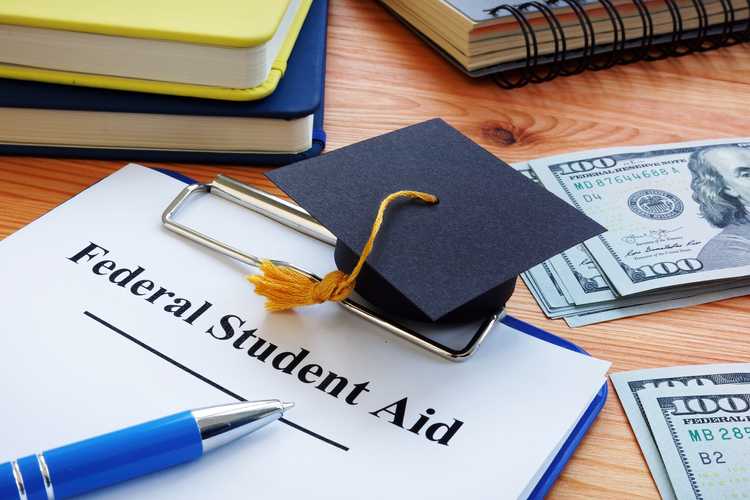
FAFSA Deadline 2025: All You Need to Know
The annual FAFSA deadline is on June 30 every year, but there are state and school deadlines you should be aware of if you plan on applying for federal financial aid.

What is an Appraisal Contingency?
Buying a home? Learn what an appraisal contingency is when it comes time to draft a purchase offer with your real estate agent.

How to Sell a Car When You Still Have a Loan
Selling a car with a loan? Learn how to navigate the process, including paying off your car and transferring the title to the new owner.
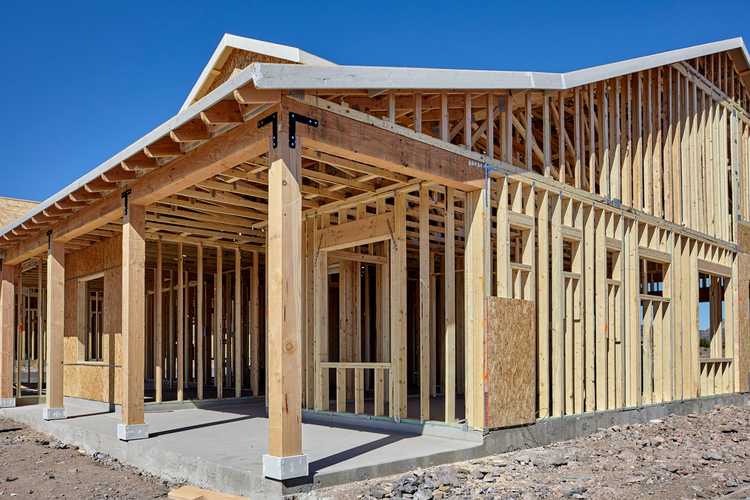
What are Construction to Permanent Loans?
Are you planning to build a new home? Construction-to-permanent loans might be the best way to finance the project. Here’s everything you need to know.

Co-Borrower vs. Co-Signer: What's the Difference?
If you have less than perfect credit, you may have a greater chance of being approved for a loan if you opt for a co-borrower or co-signer. Read on to learn the difference and which is right for you.
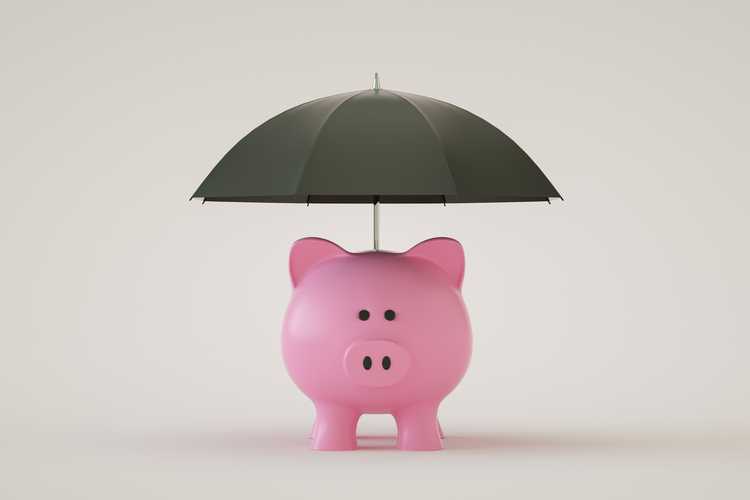
What Are Secured Loans and How Do They Work?
Secured loans are backed by collateral, so be certain you can pay back your loan, or your lender can claim your collateral if you default.

How to Get a Personal Loan in 5 Steps
If you’re considering a personal loan, understanding what to expect from the application process is helpful. Here’s what the process is like.

How to Trade in Your Car: Get the Most Value for Your Vehicle
Trading in a car could reduce what you pay toward the purchase of a new one. Learn how to trade in your car to get the most value.

Debt Management Guide: Good Debt vs. Bad Debt
Being in debt is not always a bad thing. Some debt can have a place in your credit profile.

When to Refinance Student Loans
In most cases, borrowers lose out on flexible payback programs from the federal government when they refinance their student loans. But, in the case of private student loans, refinancing can help to lower your interest rates.

401(k) Loans vs. Personal Loans: What to Know Before You Borrow
What’s the difference between a 401(k) loan and a personal loan? Both have risks and benefits. Here’s how to tell which will work best for you.
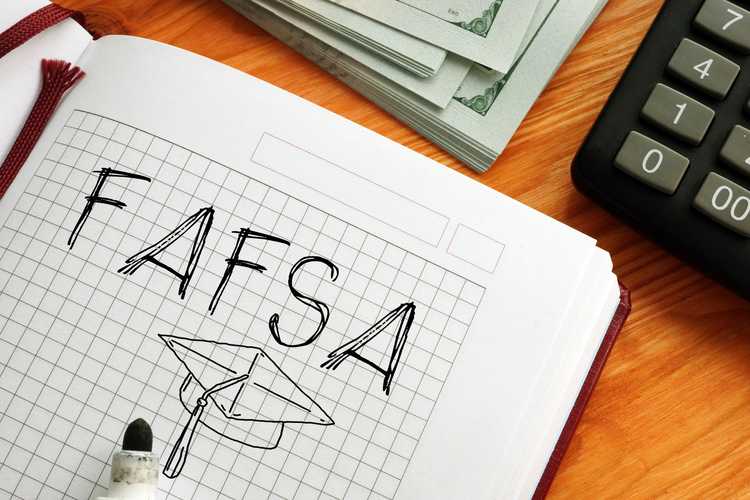
FAFSA 2025 Requirements: Who Qualifies
Discover the FAFSA requirements for 2024-2025, including eligibility and financial guidelines, essential documents, and tips on avoiding common mistakes.
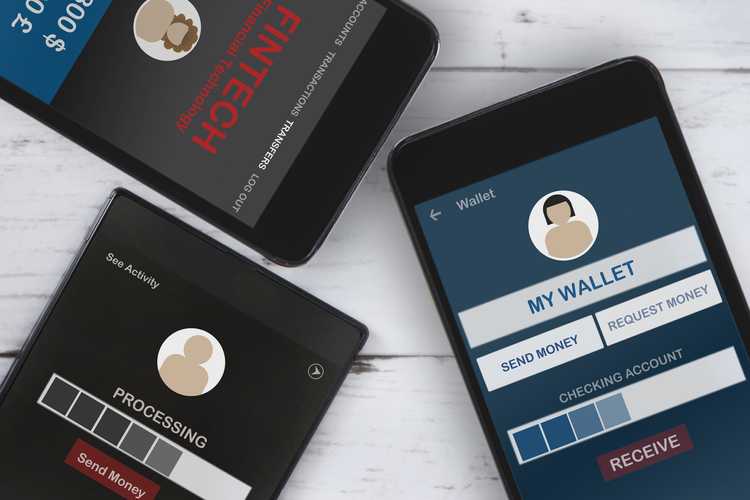
Peer-To-Peer Lending: What It Is, How It Works, And How to Invest In It
Peer-to-peer (P2P) lending is an alternative to traditional personal loans. They are often easier to qualify for and offer faster funding than bank loans.
1.3936.0+2.11.42
